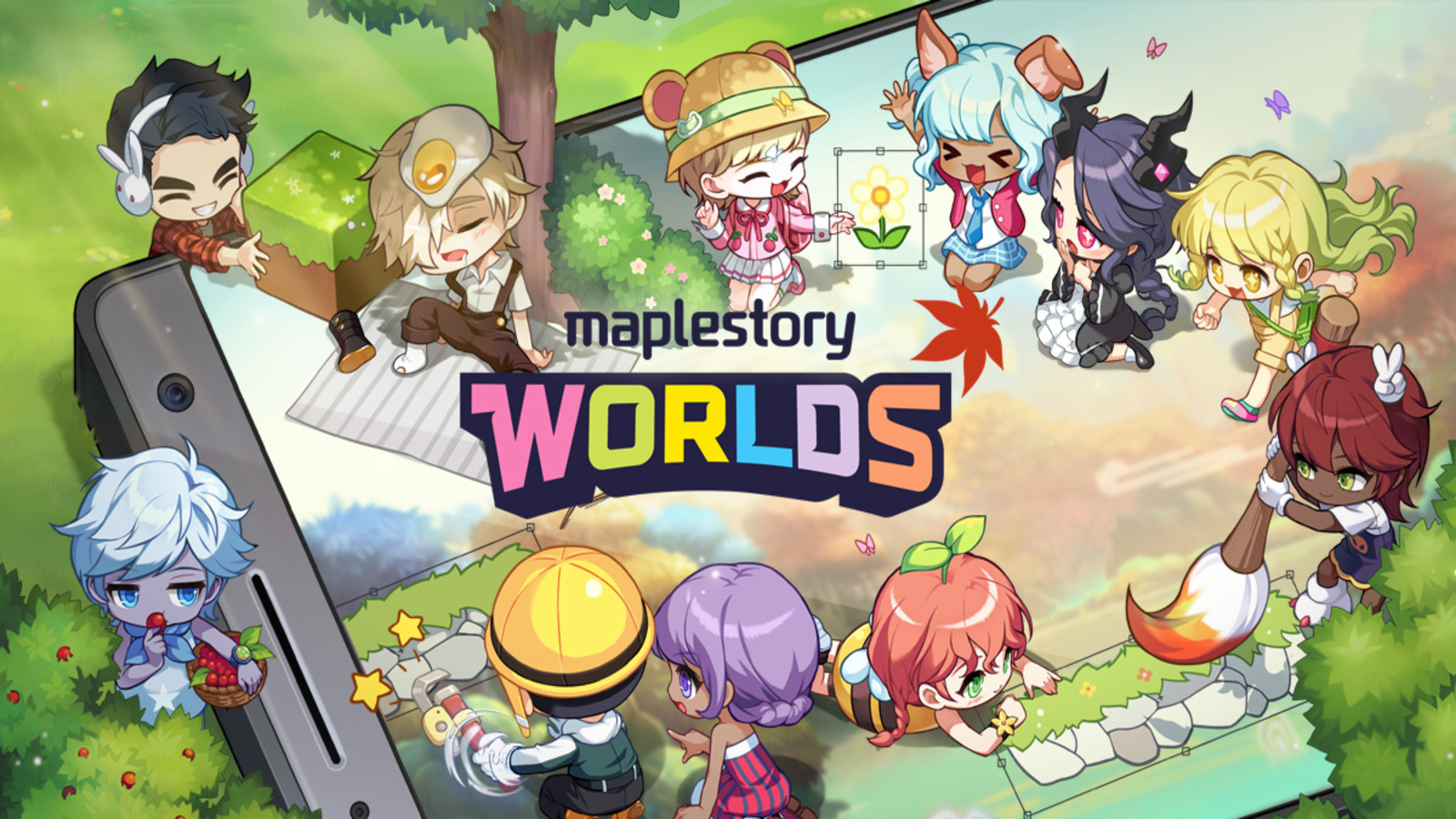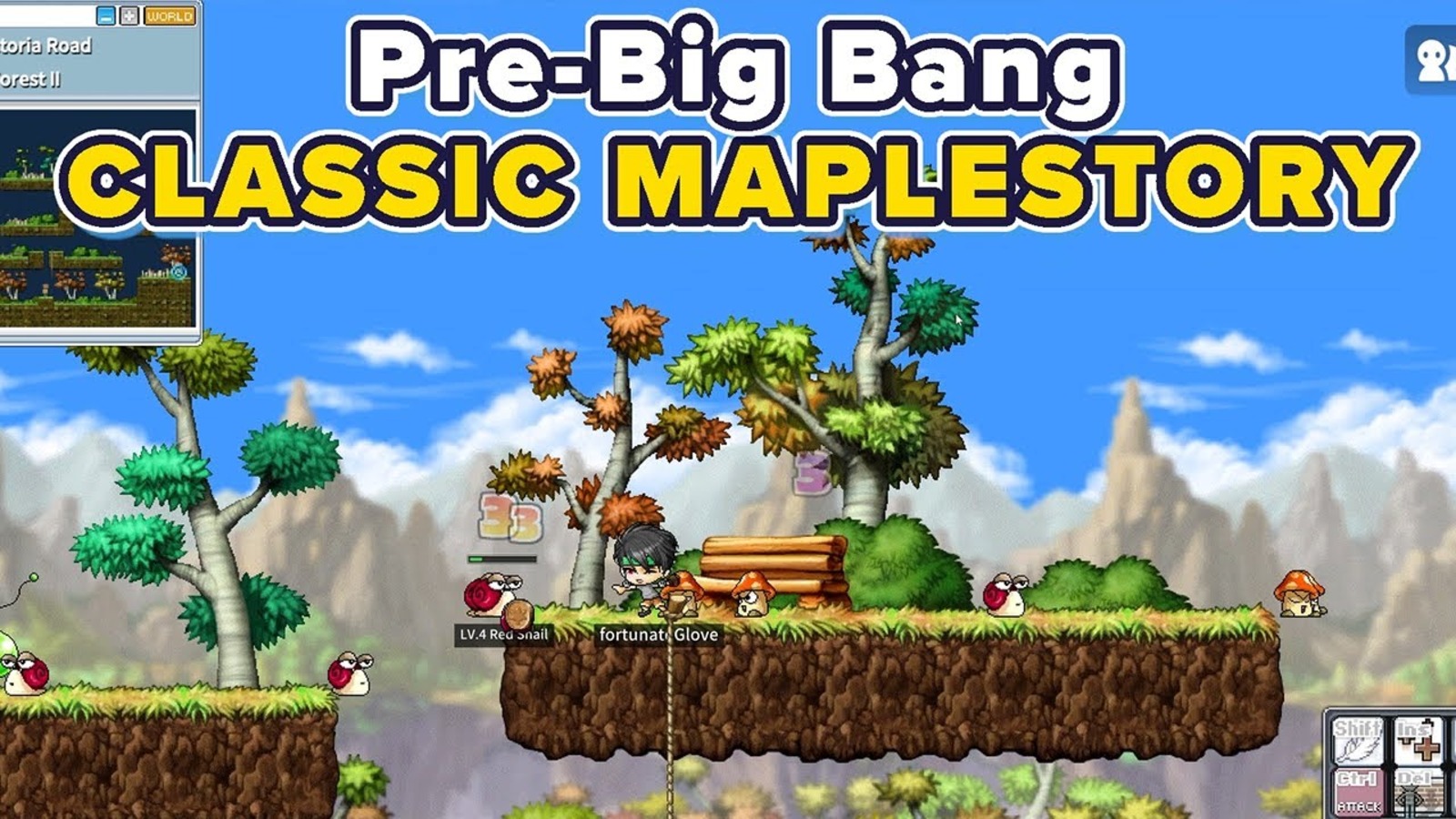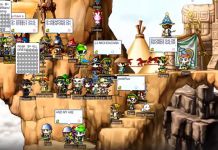MapleStory Worlds Is Nexon's Answer To Old School MapleStory Private Servers
The platform lets fans legally recreate Old School MapleStory, turning nostalgia into community-driven content and shared revenue.

MapleStory Worlds is Nexon’s version of Roblox — a sandbox creation tool where players can make MapleStory-themed mini-games, socialize, and share bite-sized adventures. But what actually happens on this platform goes far beyond casual party games. It has become a thriving hub for fan-made “private servers” — ones that are entirely legal.
The most popular creations on MapleStory Worlds are not whimsical obstacle courses or cozy hangout spaces. Instead, they are full-blown recreations of Old School MapleStory, crafted by fans who miss the game’s pre–Big Bang version. Worlds like Artale and ChronoStory have amassed massive followings by reviving MapleStory’s early 2000s charm — painstakingly rebuilding the 2D maps, skill systems, enemies, and even UI elements that longtime players remember fondly. In other words, MapleStory Worlds has essentially become like an "officially sanctioned" private server platform for one of the most popular free-to-play MMORPGs of all time.
What makes this remarkable is that it is entirely legal. Every map, animation, and sprite comes from Nexon’s approved asset library. Developers and fans can recreate Old School MapleStory within a system that Nexon itself hosts, moderates, and monetizes. Players get to revisit a beloved era of online gaming without breaking copyright law — something fans of RuneScape and Ragnarok Online can only dream about.
Private servers have existed for nearly as long as MMOs themselves anyways, and they won't go away. They are typically run by passionate fans who use reverse-engineered code to resurrect long-lost versions of games or introduce new content the original developers abandoned. But those same projects are almost always illegal — violating copyright, data, or emulation laws. The result is a constant tug-of-war between companies and their communities.
A recent case is when Blizzard filed a lawsuit against Turtle WoW, one of the largest and most beloved World of Warcraft private servers. Blizzard accused the project of large-scale copyright infringement for using proprietary code and assets to emulate the original “Vanilla” WoW experience. The Turtle WoW team responded with an open letter, pleading for Blizzard to “embrace fan-driven content rather than alienate this passionate community.”

MapleStory Worlds on the other hand allows fans the opportunity to rebuild, remix, and relive their favorite eras of MapleStory — but within a legal, company-managed ecosystem that benefits both the players and the publisher.
Through MapleStory Worlds’ Creator Revenue Program, developers can monetize their games, earning a share of the revenue generated by in-game purchases and cosmetic sales. Nexon takes a cut, similar to how Roblox or Fortnite Creative operates, but creators still have earning potential. The more popular a World becomes, the more both the developer and Nexon benefit.
That should be the norm — instead of fighting fan creativity, Nexon built a business model around it. The company maintains ownership of the IP and control over moderation while turning community passion into a revenue stream. It is a sustainable system that other MMO publishers should be taking note of.
MapleStory Worlds demonstrates that letting the community build — even rebuild — does not have to be a threat to the brand. Imagine if Jagex launched RuneScape Worlds, or if Gravity opened Ragnarok Worlds. It would channel the creative energy of private servers into something legitimate, while maintaining oversight and safety.
That is exactly what MapleStory Worlds does. Creators use the tools provided — via Lua scripting and coding — to design entire gameplay systems from scratch. Some have built leveling mechanics, inventories, equipment, and skill trees so authentic you would swear you were playing a 2005-era build of MapleStory. The fact that Nexon not only allows but encourages this kind of creativity sets a new industry precedent, in my opinion. It shows faith in the community and a willingness to share control.
Related Articles
About the Author

Matthew “dinofries” D'Onofrio is a writer, content creator, podcaster and — most importantly — a gamer. With such a strong passion for video games and a severe case of FOMO, it's no surprise he always has his finger on the pulse of the gaming world. On the rare occasion Matt's away from a screen, you'll find him strumming away on his acoustic guitar or taking care of his cat Totoro.
More Stories by Matthew D'OnofrioRead Next

Feature
Free-To-Play 2D Side-Scrolling MMORPG WonderKing Returns, But Nostalgia Alone Cannot Save It
The 2025 revival suffers from technical issues, autoplay mechanics, and broken promises.
You May Enjoy

Don’t forget to do the “Pre-Draw” event while you’re there and earn useful rewards.

From the market to dungeons, get a peek at the game in action.

The raid will be around for a limited time.

It’s just in time for the next update.
Discussion (0)